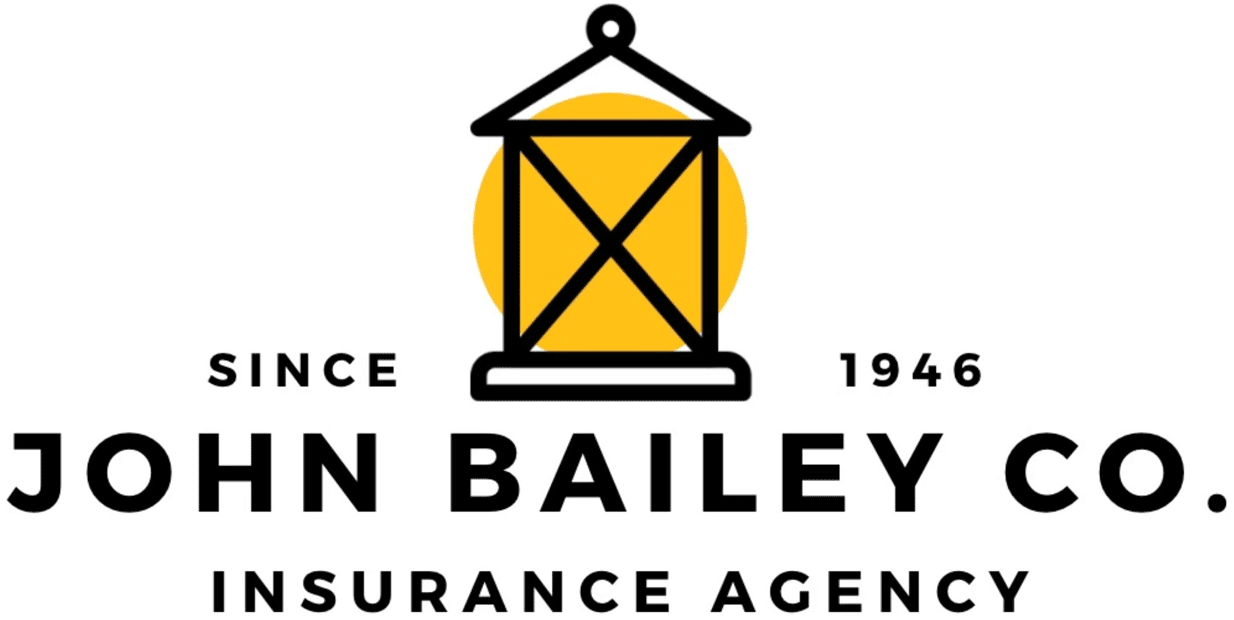Over the past few years our John Bailey Insurance Agency team has published a number of blog posts highlighting how the right commercial insurance policy can protect your business from events such as theft, property damage, liability, and employee injury. But today we would like you to make time to consider Business Interruption Insurance.
Business Interruption Insurance defined
It’s easy enough to google the phrase “business interruption insurance” and you’ll quickly find a Wikipedia page that provides an overview of business interruption insurance (also known as business income insurance). But we think the article published by the Insurance Information Institute (III) “Covering losses with business interruption insurance” offers a more fluid explanation.
It is important to note that generally business interruption insurance covers:
- Revenue lost due to closure
- Fixed expenses, such as utility costs and rent
- Operating expenses for operating from a temporary location
And, you should also understand that this type of coverage is not sold as a stand-alone policy, but instead can be part of a commercial package policy, a business owners policy or a commercial property insurance policy. III also cautions there can be limitations and exceptions that can apply to this type of coverage and you will need to be able to document your net business income.
Additionally, it is important to understand “extra expense insurance.” III defines this coverage as:
“Extra expense insurance reimburses your company for a reasonable sum of money that it spends, over and above normal operating expenses, to avoid having to shut down during the restoration period. Usually, extra expenses will be paid if they help to decrease business interruption costs. In some instances, extra expense insurance alone may provide sufficient coverage, without the purchase of business interruption insurance.”
Why more business owners don’t purchase business interruption insurance…
If you’re employed by a large business, you might never give a second thought to various coverage lines afforded in the company’s commercial insurance package. On the other hand, if you own or co-own a small business or are considering starting your own business, then a commercial package policy may be somewhere on your “to do” list, or not at all! So why is that?
A few years ago, a major insurer sponsored a survey and they discovered that 66% of small businesses responded that they do not have business interruption insurance. The Insurance Journal article about this study offers even more insights as to how business owners report running their companies. In 2002, III reported that 40% of all small businesses had no insurance at all and in 2017 they reported that the Risk Management Society’s (RIMS) survey indicated two in five businesses had suffered a business interruption loss over the past five years.
It is easy enough to find many on-line articles on how to start a business, but a number of such articles devote little or no attention to the importance of purchasing a commercial package policy before one opens for business. But here’s a few that do:
- “How to Start a Business: A Step by Step Guide” Business News Daily, June 7, 2018
- “Rethinking Insurance Coverage” U.S. Small Business Administration (SBA) Blogs – Industry Word, July 13, 2017
- “Thinking about Insurance your Small Business Needs? Here are 5 Types to Consider” Small Business Trends, June 27, 2018
Going forward – review your coverage
Plan some time to review the status of your current commercial insurance coverage. Maybe the status is that you do not have any coverage. If that is the case, reach out to John Bailey Insurance Agency. We will be happy to review your business insurance needs, assess your risks, review your business plan, and develop quotes that will work with your budget.

